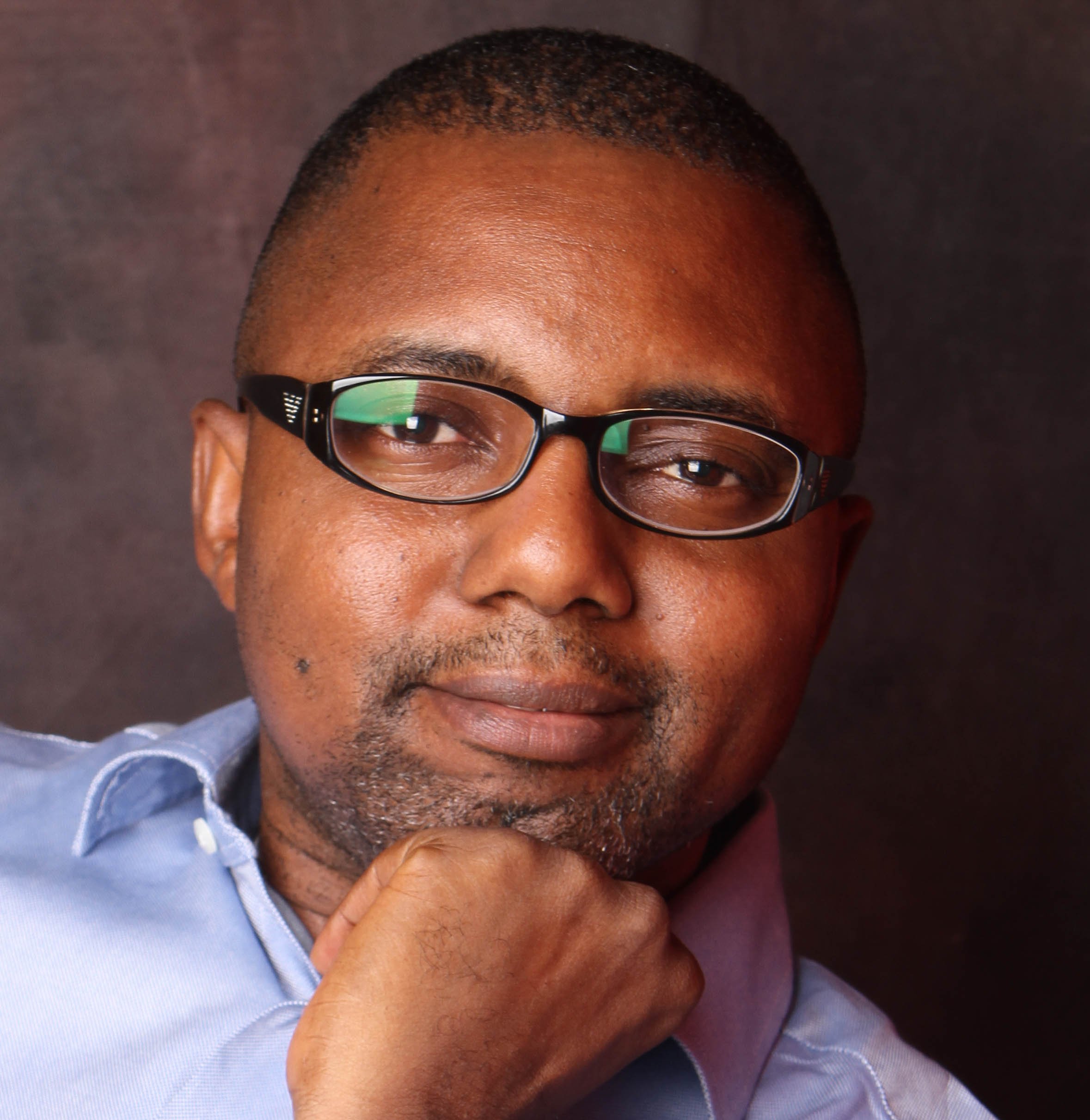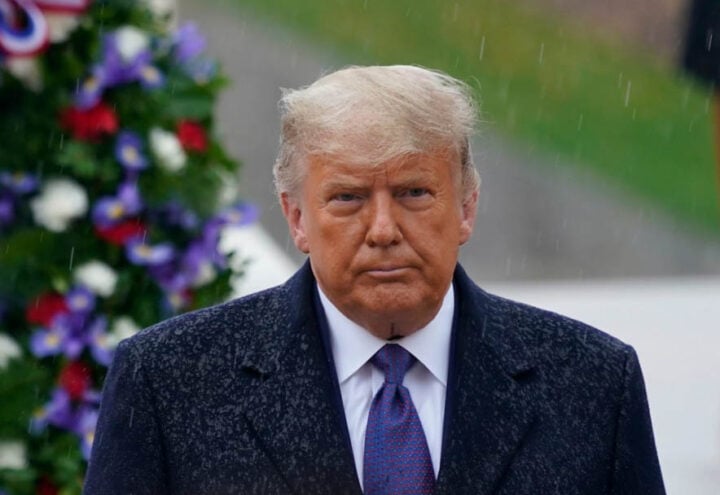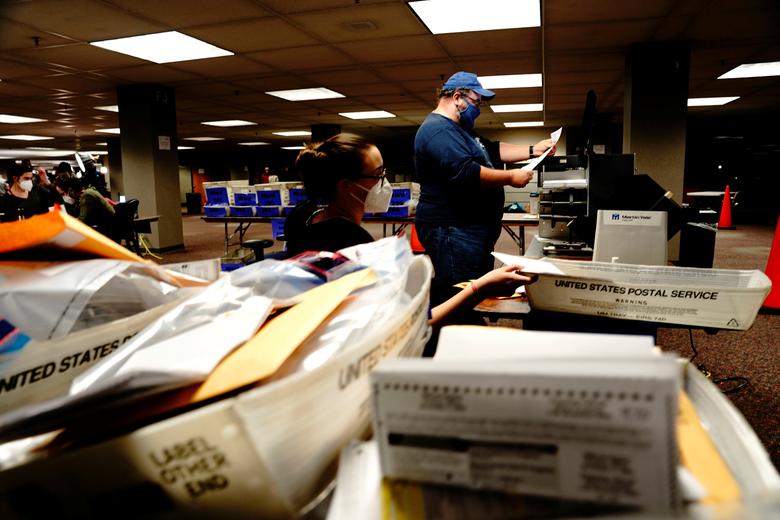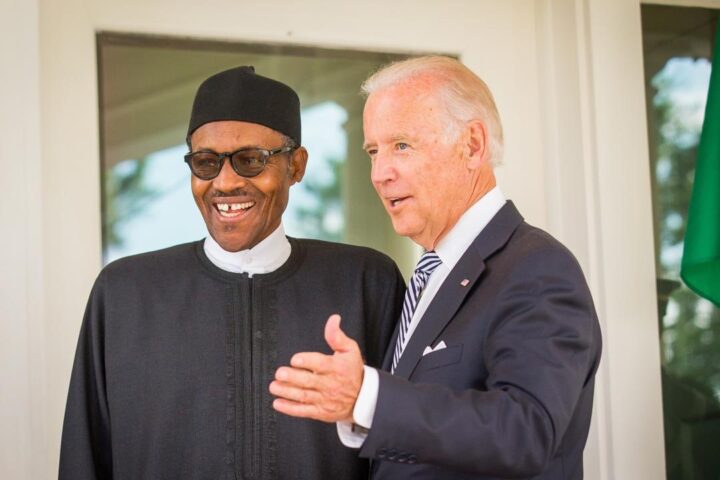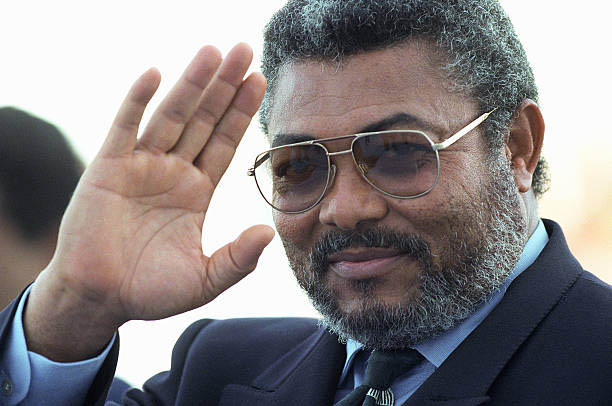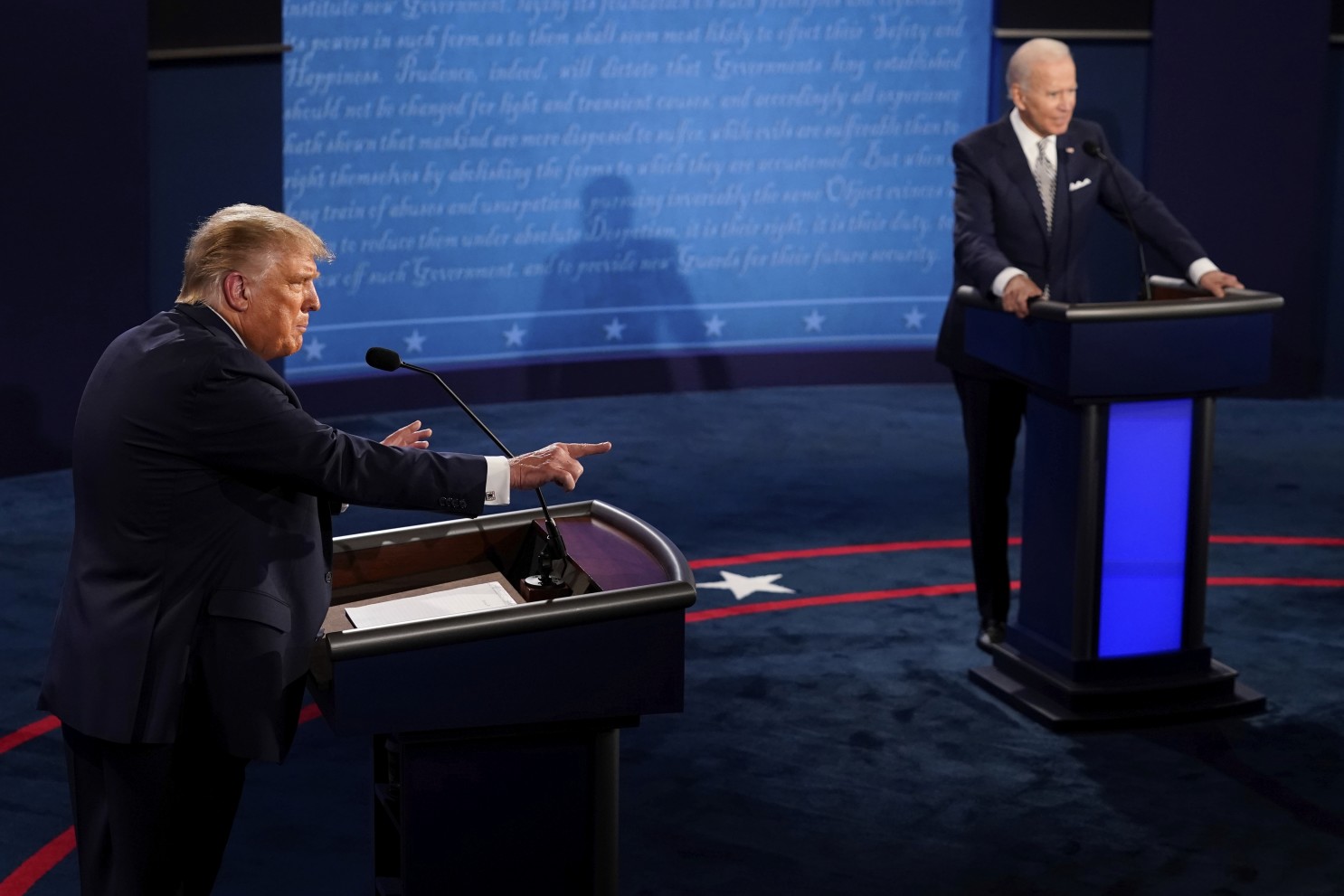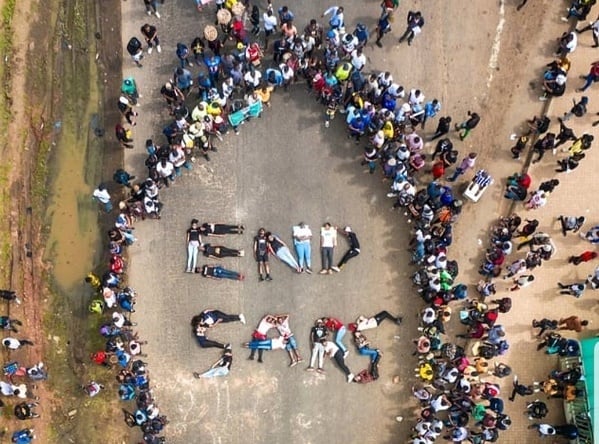The 2020 US Elections have now come and gone. The winners and losers are now known, at least for the large part. Yet the ramifications of it will linger for long and its impact will be felt across the world for years to come.
For Africa, the elections (from campaigning to voting to counting to results announcements) provided some comic relief. Long derided for its serial failure to manage the processes for representative democracy, Africa joined the rest of the world in watching as the United States, that beacon of hope, that “City Upon a Hill”, the great exporter and promoter of democracy around the globe, dragged and continues to drag itself in the mud.
Start with the campaigns. Who is going to forget how President Donald Trump, hospitalized following his COVID-19 infection, commandeered his protection team to take him for a ride in a desperate bid to prove that though he is in hospital, he is still very much in charge? What Trump did, shocking to many Americans, was straight out of the playbook of many Africa leaders.
Mouammar Ghadaffi, then Libya’s Strongman, did similar in 2010 as his firm grip on power began to wane. After going underground for several months in the wake of a United Nations-backed No-Fly-Zone that hobbled his defense forces, Ghadaffi was suddenly seen waving to Libyans from the top of his SUV as his vehicle dashed through the streets of Tripoli. Cameroon’s Paul Biya has spent much of the past decade doing exactly the same thing. He disappears for months on end, most of it hunkered down in Switzerland. Whenever calls for the end of his nearly 40-year reign reach a crescendo, Biya’s presence on the streets ofYaounde suddenly become noticeable. And of course, the Late Robert Mugabe had a long history doing this too. Their intention was not dissimilar to Trump’s, which is to prove that their hold on power remained strong.
Advertisement
Move on to the voting part. In much of Africa, pre-election activities is dominated by arguments over voter registers, location and numbers of polling booths, neutrality of election officials, and security of election materials. Strikingly, much of this played out in the US elections of 2020.
Vote suppression (read vote denial) efforts were evident in many States, led mostly by Republicans who traditionally do better when turnout is low. In Texas, the Republican-led Government limited the number of sites that citizens who chose to vote early could submit their ballots, to one per County. It was a move that seemed to be aimed at limiting voting in Houston, America’s 4th most populous city, where voters typically favour candidates of the Democratic Party. That was the equivalent of having one polling booth for the residents of Ibadan.
There were several other examples of what, in Africa, are covered under the blanket name of Rigging. In California, Republicans set up fake Drop Boxes to lure unsuspecting voters to drop their ballots. Those who did would later find out that their votes could not have counted. Still in California and also in Massachusetts, Ballot Boxes for early voting were set on fire. In New York, a fully kittedPoliceman, dispensing with the need for neutrality, showed up at a Polling Booth wearing Trump-branded facemasks. In Tennessee and Georgia, some voters who showed up wearing shirts branded with “Black Lives Matter” were turned back. Then there were the long queues in several States, with voters spending upwards of 5 hours to cast their votes. Taken together, they all looked to be no more than the commonplace examples of election rigging in Africa.
Advertisement
But nothing typified the African-ness of the 2020American elections like the aftermath of the declaration of the results. First was the painfully slow process of counting the votes in several States. In a world of 24-hour rolling news circle, and with all the technology available, the World had to wait for 4 days(!) before a projected winner emerged. Before then, one of the candidates, fearing that he was on the way to losing the elections, made a broadcast where he denounced the whole electoral process, alleging (without providing proof) that malpractices had taken place and counting should be stopped. He followed this up with frequents Tweets reinforcing his message and even declaring himself the winner of the elections.
Despite a projected winner emerging, the world continues to be treated to the drama of the loser, President Trump, refusing to concede defeat. Were he just a contender holding no official role, that would have been of little consequence. But as President, Trump has gone on to use his bully pulpit as well as the considerable powers of his office to wage a war on the elections that he lost. He has castigated election officials in some key States, despite the fact that they happen to be, in the cases of Georgia and Arizona, members of his own party. He has denied the winner, Joe Biden, of access to Government agencies, a key necessity for the process of transition to commence. Amongst other shocking actions, the US Secretary of State and its Chief Diplomat has given a press conference where he more or less repudiated the results of the elections.
President Trump’s reaction to defeat mirrors that of an African, former President Laurent Gbagbo of Cote D’Ivoire. As sitting President, Gbagbo lost in his re-election bid to AlassaneOuattarain November 2010. Despite the results being certified by the United Nations, the African Union and a host of other multilateral organizations and agencies, Gbagbo refused to concede. Rather, the world was treated to the absurd situation of a country with 2 Presidents,as both Gbogbo and Ouattara were separately inaugurated into office. The situation eventually escalated into a Civil War, one that was not resolved until April 2012 when Gbagbo was forcefully removed from office and Ouattara sworn in. Will America go the same way? Will the time-tested institutions of America, already straining at the sinews, hold steady against the whirlwind that is a defeated President Trump? Time will tell.
For now, Africans need to be more forgiving of its relatively poor democratic pedigree. Clearly, the notion of win-at-any-cost is not peculiar to the politicians of the continent. America, in 2020, has proven this. Even more important, the idea that African politicians are the only breed who misuse and abuse the powers and privileges of their offices for personal gain, and against the expressed wishes of the people, is demonstrably fanciful. It is, properly viewed, a natural human trait. The challenge, as America now knows, is to have strong institutions and even better values that will keep potential stray-dog politicians in check.
Advertisement
Adetayo is a public and international affairs commentator.
Views expressed by contributors are strictly personal and not of TheCable.
Add a comment
